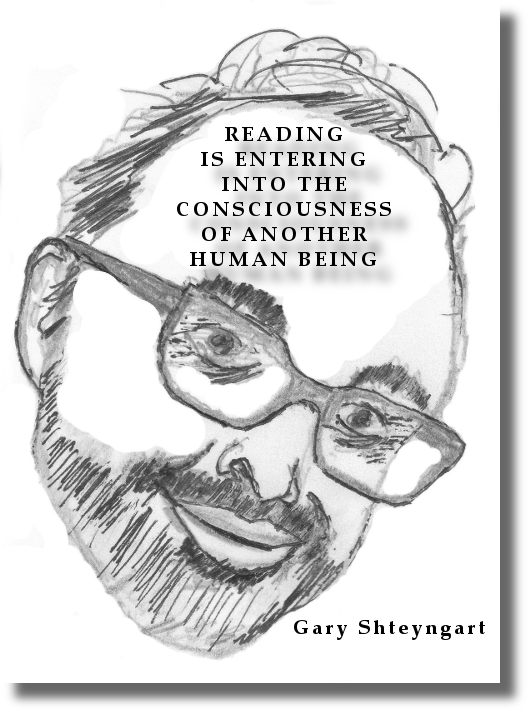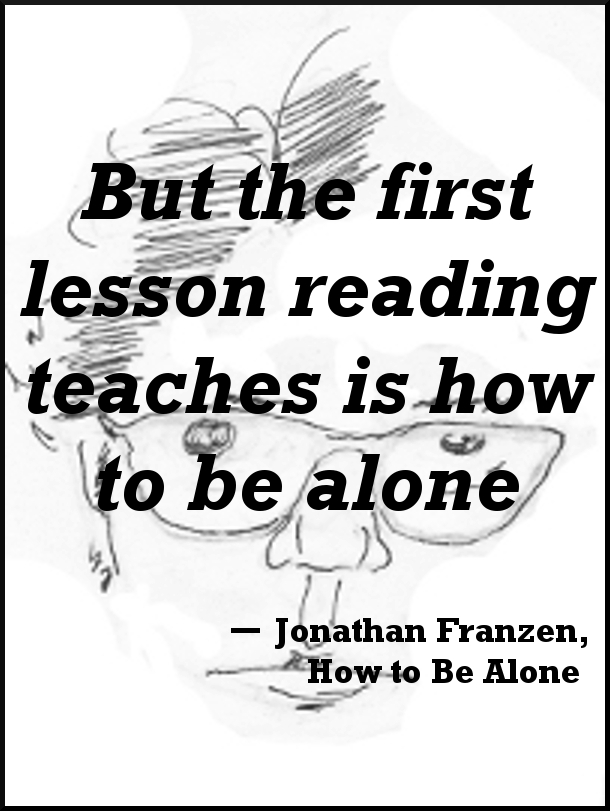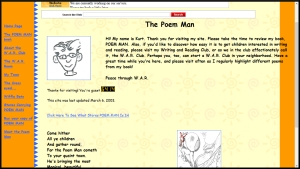BOOK | FICTION | LITERARY
THE WILD HORSES OF HIROSHIMA
by Paul Xylinides
RATING: ★ ★ ★ ★
I could have spent the time writing this review of Indie Author Paul Xylinides’s novel The Wild Horses of Hiroshima comparing and contrasting it with other similar works of literary fiction, or I could have attempted to apply the story’s highly powerful, poignant theme against the larger social and political woes of our time, but I am not going to do any of that, at least not as fully as I would had this been a typical review of mine. I’m not going to because if I had it would have meant that too much focus would have been on my knowledge of other such similar books or other such woeful contemporary issues rather than focusing on why Xylinides is so important to the Indie Author movement, as I believe he just may be the author who proves in a most definitive way that literary fiction of the highest sort does not have to be blessed and published exclusively by the traditional literary gatekeepers of days gone by.
My Kindle account is cluttered to near capacity with books I have downloaded from my partake of the many, many Indie Author giveaway promotions that are always going on. Unfortunately, I am sorry to have to say, I am unable to finish most of these books that I attempt to read. The reasons are many but it all boils down mostly to the books being either poorly edited or without a compelling story. There is so much Indie Author detritus out there, perhaps even including the work of yours truly, that it can become disheartening to even the most fervid believers of the Indie Author movement. But I am one of those fervid believers, and it is because of this belief that I host the Indie Author Book Selection & Review. The IABS&R is my means to help me find the best that the movement has to offer and a medium for which to share these finds with as many readers as possible.
I am very happy to have found Xylindes’s work and even happier share my high regard of it with all of you.
When I read a book with the intent to review, I always read with pen and notebook at hand, for one way I make judgement of the work is by highlighting the good and bad of it — the good with the marks of stars and exclamation points and the bad with the marks of strike throughs and question marks. Regardless the book I read, whether it’s published independently or traditionally, it always receive markups of both kinds, with the indie published books typically having way more of the bad kind than the good.
However, Xylinides’s book had so many stars cluttering the margins that it became a pointless endeavor. His ability to craft a sentence is magical. And they are some of the best I have ever read. The way he describes the scenery below and the mental reflections of the pilot as he observes it from above, just moments before he drops upon it the bomb that forever changes our view of warfare and of ourselves, is both heartrendingly tragic and breathtakingly beautiful all at once. And then his description of the impact of the explosion and the death and damage it causes moved me such that I had to put the book down for a while in order to collect myself. Those are just two examples of such fine craftsmanship found all throughout the book. This highly evocative read at times channeled in me the feelings I had of when first reading something along the lines of a Flaubert or a Balzac.
You may be reading this zealous, perhaps even overzealous, promotion of Xylinides’s book and wondering to yourself, if it is as good as Brindley says it is, then why only four stars? Why not five?
Good question. As good as the book is, it is not perfect. Most books aren’t. In fact, if I remember correctly, there is only one five-star review that I’ve written. And where Xylinides’s book succeeds, it is also where it, while not failing, at least causes enough disturbance in my appreciation of it to knock it down a star.
What I appreciate most from a good read is not its crafty sentences but its ability to take me away from reality for long periods of time. What is most critical for me when reading is attaining that Zen-like place of verisimilitude. The longer a book is able to hold me within that heavenly zone of literary satori, the more overcome by and appreciative of it I will be when finished. The truth is, Xylinides’s writing was so impressive and so often so that it literally pulled me from the story because of it. And after a while, it almost felt like a distraction, as I would have to then work to get back to that inner space where the magic truly happens. Another distraction, and I almost hesitate to mention it because, compared to all the other attributes the book possesses, it may sound petty, but the lack of commas ended up being a pretty big deal to me. I believe that if there is a natural pause in the momentum of a sentence, then that is where a comma belongs. A comma’s job is to signal and allow the reader to take that natural break that the sentence is calling for. Unfortunately, Xylinides does not follow this comma convention of mine and it left many of his sentences without guideposts that are essential for fluid reading and deep comprehension. Now, I do not believe Xylinides does not understand this; I believe he does but chooses not to follow convention, perhaps as an artistic statement of some sort. His is a challenging subject that he took on as a matter of literary courage and conviction. I suspect it was not an easy challenge for him to overcome. Why then should we, the reader, have it any easier? His success in overcoming such a challenge must be ours as well. As, that for which we work hardest for is that for which we appreciate most. Still, a distraction is a distraction, regardless how artistic and stylistic it may be.
While these distractions are significant to me, they are not nearly weighty and serious enough for me to lose my faith in Xylindes’s ability pick up the guidon of our movement and hold it high as he leads us in our charge toward Publishing Independence and Literary Respect.
The Wild Horses of Hiroshima certainly ranks as some of the finest writing of the Indie Author movement; additionally, I feel very comfortable saying that it just may rank as some of the finest contemporary literary fiction being written, regardless the publisher, or lack thereof. But my opinion of the book is just one, which is why I strongly encourage all of you who are also believers and supporters of the movement to purchase this book and, if you feel as strongly about it as I do, to review it and continue to spread the word that it is truly a work to be reckoned with, as it just may be the template of success that all Indie Authors, nay, all authors, wish to attain.













